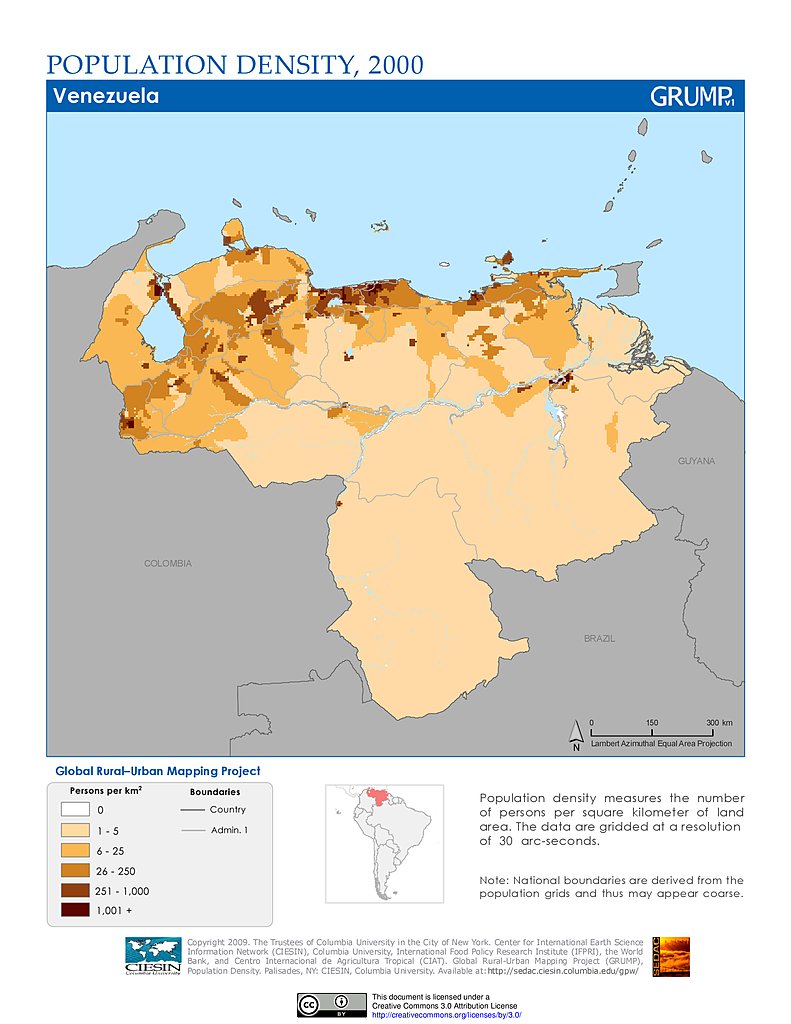In general, I have to ask: why would South America be in especially bad shape? Lind's book mainly focuses on the US, so far the worldbuilding in the quest has focused on Eurasia and North America, and together we're shown a situation where the (in the real world) weak great power that is Russia somehow takes advantage of disease, right-wing terrorism and economic crisis to destroy its greatest Geo-strategic rivals and install itself as biggest clown on the hill. But Alexander's enlarged Russian empire couldn't even feed itself, so for Russia to try and destroy everyone makes no sense. The allies we know Alexander has are not food exporters. Russia historically has strong links with various food/raw material exporters in South America (the Argentines while under the Junta were the Soviet's best business partners despite hating each-other's ideologies and belonging to opposing alliances - still the Junta didn't aggravate the Soviet foreign ministers like Castro did and they could supply much desired beef, wheat and wool - what's a little thing like ideological hatred next to that?) and let's remember that there are plenty of people of all political stripes in South America who would welcome the US not being able to intervene in their internal affairs.
Russia needs a functioning world system to trade with somewhere and the troubles of North America, China and Europe will mean that Alexander will have little leeway to see even more states collapse. Whatever searing injustices Alexander has inflicted on South America (and Africa and South Asia) the needs of Russia likely means that Alexander would try to act as a stabilizing influence. He may fail and make unholy messes akin to the US attempt to stabilize Afghanistan in this century. But there's no way Russia can maintain itself as the greatest power in the world for 40 years if it is wrecking things for everyone, everywhere.
So personally I would expect South America to be a continent that was relatively comfortable in the outer orbit of Russia. Engaging with India, Japan and the recovering Europe and China to make sure they aren't too dependent on Russia. Some states might have gone through periods of extreme weakness and violence during the collapse, but I expect such events would be more on par with what happened to France in this world than what happened to the US or UK.
I don't think Chile would be especially important or powerful, except for its copper reserves. Its GDP and demographic trajectory just aren't on the path to becoming a power. Venezuela and Colombia are likely to be especially badly impacted by drought and destructive ripples from the collapse of the USA. A Mexican revivalist regime could potentially be a major power, but equally Mexico is too close to the US, so the collapse of the US could still be inflicting damage that would keep a Mexican revivalist regime too distracted and off-balance and damaged by waves of US refugees and bandits to be important. Places like Cuba, Peru, Bolivia etc are like Chile - simply not on a trajectory towards being major powers though by this point any of the medium-weight countries of South America could have overtaken the countries of Western Europe if conditions were sufficiently favourable.
I think the two countries that are most likely to be major powers in the 2070s are Argentina and Brazil. A well managed Brazil could be a power on par with Alexander's Russia and India and even a Brazil that has had a very troubled half-century since 2020 is still likely to be one of THE big powers. (I am assuming that the one thing that could stop Brazil, a magir ecosystem collapse of Amazonia, is avoided.) Argentina enjoys a number of demographic, political and geographical advantages that I think would allow it to perform relatively well in this scenario. I think some of the modern strains of Peronism would be an advantage in the crazy world Lind dreamed up. Argentina has a good chance of being the second strongest power on the continent by some way.
Of course, an alliance of smaller countries could be quite powerful. Just as the EU is still a big player in this quest's world, an economic/military alliance of some combination of the "medium weight" South American countries could be as important as Brazil.
__________________________________________________________
Recovered... Listen, I know our history confuses outsiders but that's a really loaded term in these parts with some seriously un-good implications.
May I recommend using a word like "taken" instead?
fasquardon
Russia needs a functioning world system to trade with somewhere and the troubles of North America, China and Europe will mean that Alexander will have little leeway to see even more states collapse. Whatever searing injustices Alexander has inflicted on South America (and Africa and South Asia) the needs of Russia likely means that Alexander would try to act as a stabilizing influence. He may fail and make unholy messes akin to the US attempt to stabilize Afghanistan in this century. But there's no way Russia can maintain itself as the greatest power in the world for 40 years if it is wrecking things for everyone, everywhere.
So personally I would expect South America to be a continent that was relatively comfortable in the outer orbit of Russia. Engaging with India, Japan and the recovering Europe and China to make sure they aren't too dependent on Russia. Some states might have gone through periods of extreme weakness and violence during the collapse, but I expect such events would be more on par with what happened to France in this world than what happened to the US or UK.
I don't think Chile would be especially important or powerful, except for its copper reserves. Its GDP and demographic trajectory just aren't on the path to becoming a power. Venezuela and Colombia are likely to be especially badly impacted by drought and destructive ripples from the collapse of the USA. A Mexican revivalist regime could potentially be a major power, but equally Mexico is too close to the US, so the collapse of the US could still be inflicting damage that would keep a Mexican revivalist regime too distracted and off-balance and damaged by waves of US refugees and bandits to be important. Places like Cuba, Peru, Bolivia etc are like Chile - simply not on a trajectory towards being major powers though by this point any of the medium-weight countries of South America could have overtaken the countries of Western Europe if conditions were sufficiently favourable.
I think the two countries that are most likely to be major powers in the 2070s are Argentina and Brazil. A well managed Brazil could be a power on par with Alexander's Russia and India and even a Brazil that has had a very troubled half-century since 2020 is still likely to be one of THE big powers. (I am assuming that the one thing that could stop Brazil, a magir ecosystem collapse of Amazonia, is avoided.) Argentina enjoys a number of demographic, political and geographical advantages that I think would allow it to perform relatively well in this scenario. I think some of the modern strains of Peronism would be an advantage in the crazy world Lind dreamed up. Argentina has a good chance of being the second strongest power on the continent by some way.
Of course, an alliance of smaller countries could be quite powerful. Just as the EU is still a big player in this quest's world, an economic/military alliance of some combination of the "medium weight" South American countries could be as important as Brazil.
__________________________________________________________
Recovered... Listen, I know our history confuses outsiders but that's a really loaded term in these parts with some seriously un-good implications.
May I recommend using a word like "taken" instead?
fasquardon



